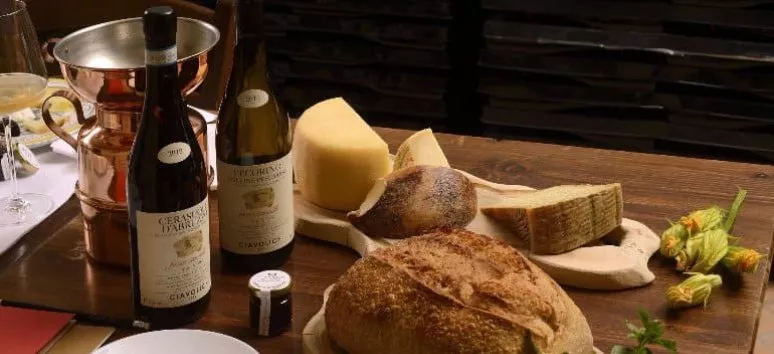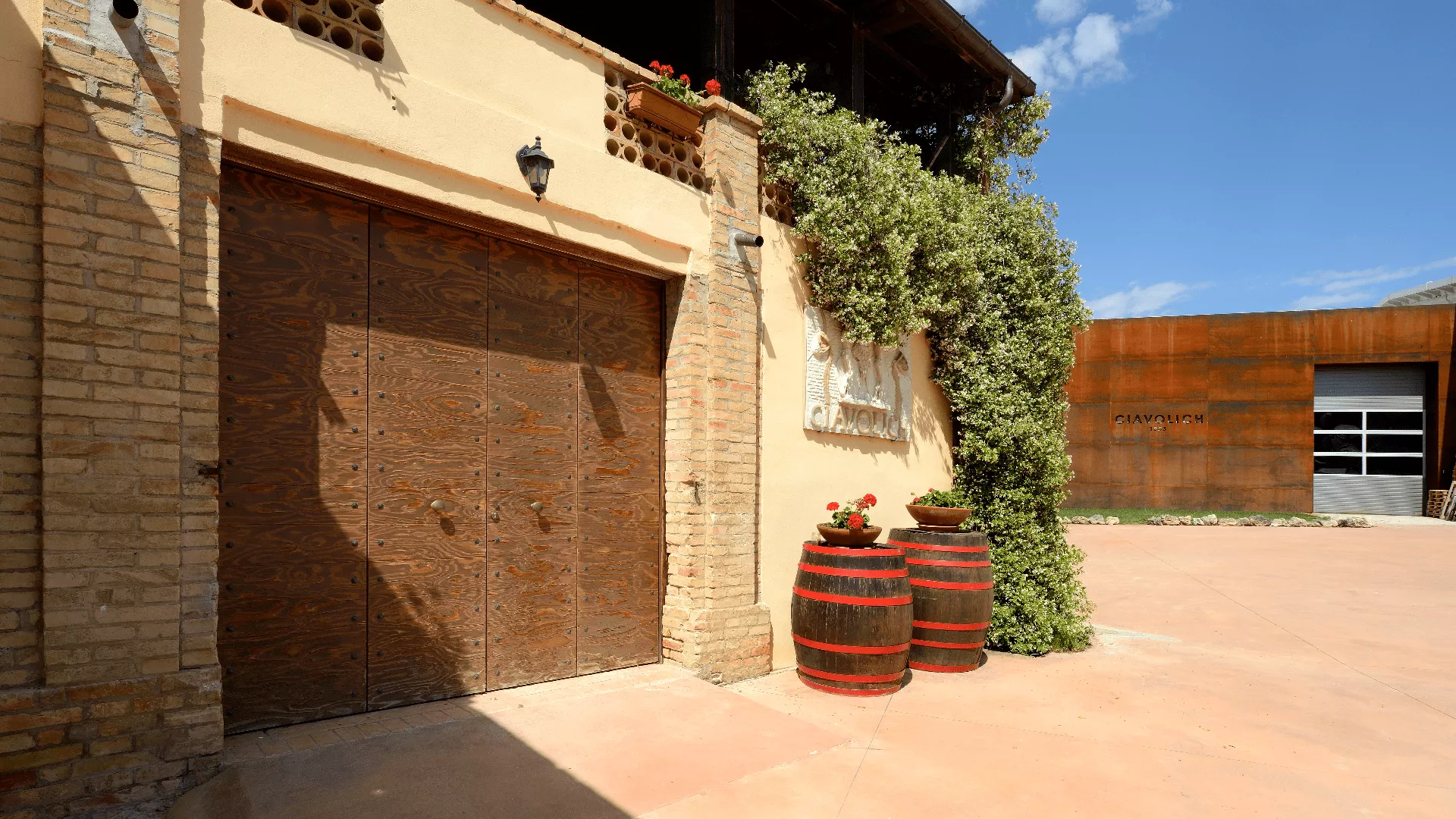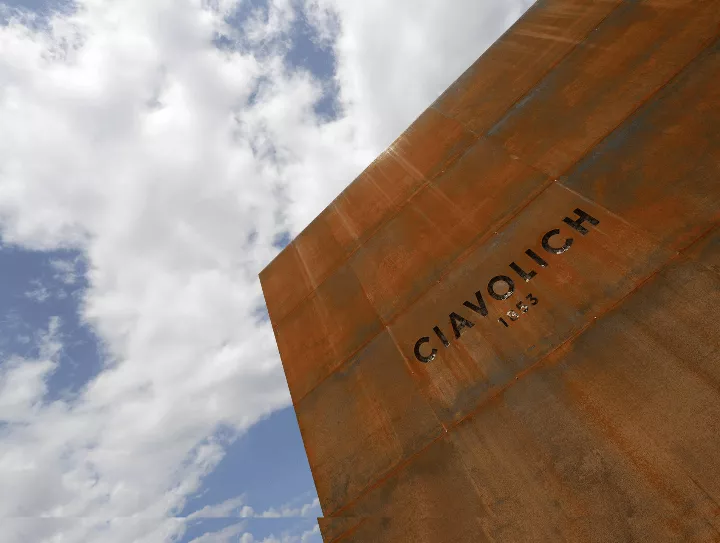


Experience information
The visit begins with a real immersion in the vineyard.
As guests stroll through the vineyards, they will discover why Loreto Aprutino is considered a terroir of excellence throughout the world: what characterises it and what sets it apart.
We will show the difference between our two vineyard cultivation systems: the Abruzzi pergola and the espalier.
The tour will continue in the three cellars: steel, wood and cement, and terracotta. This will anticipate an understanding of the different estate wines and the production philosophy.
Following this, in the tasting room, there will be a tasting of 4 selected labels paired with Niko Romito's bread made with Solina and Saragolla flours and samples of Abruzzo's excellent cheeses from Daniela Del Proposto of Loreto Aprutino, Gregorio Rotolo of Scanno, Nunzio Marcelli of Anversa degli Abruzzi and Azienda Martinelli of Farindola.
COST:
45 € per person
It is possible to take part in a tasting every day from 10.00 to 17.00. Holidays excluded

Do you have any special requests?




Host information
The Ciavolich family is an ancient family of Bulgarian origin of wool merchants who arrived in Italy, in Miglianico, in 1560.
They became landowners in 1700.
In 1853 Francesco Ciavolich built the first winery, today one of the oldest and most impressive in Abruzzo.
At the end of 1800, the marriage between Giuseppe Ciavolich and the noblewoman Ernestina Vicini marked the turning point of the Loreto Aprutino farm. She promoted one of the most active literary salons at the beginning of the century in her palace in Chieti, receiving friends such as Costantino Bardella and Francesco Paolo Michetti. Her son Giustino took over the family's agricultural estates, passing them on to his son Giuseppe.
In 1943, the Germans established their headquarters in the Miglianico palace. The family took refuge in the underground cellar.
In the 1960s, the family inherited the Loreto Aprutino estate from Donna Ernestina. Here Giuseppe Ciavolich planted the vineyards of Montepulciano, Trebbiano and Cococciola that today Chiara Ciavolich continues to cultivate in order to transfer an ancient history into the centuries, through wine, the red thread connecting past, present and future.
What do they think of Ciavolich









